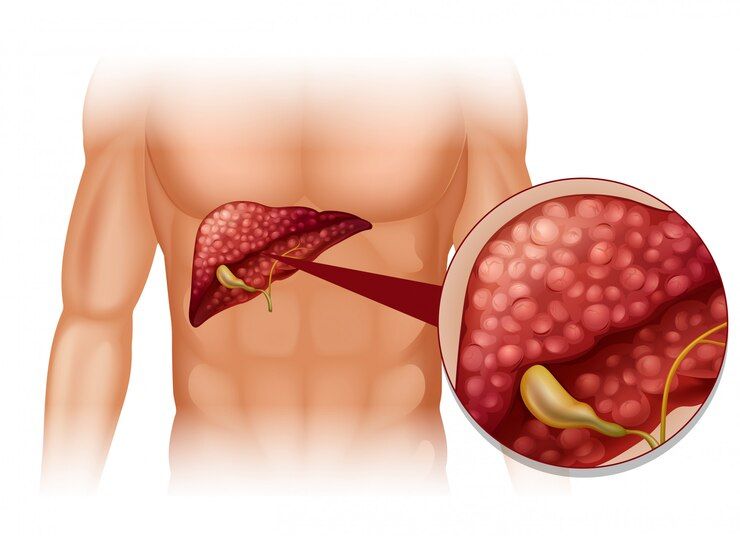Introduction
A blood test is one of the most essential tools in modern medicine. Whether you go for a routine checkup or experience unexplained symptoms, a blood test provides vital information about your overall health. By analyzing a small sample of your blood, doctors can detect diseases, assess organ function, and monitor ongoing medical conditions. Understanding the importance of a blood test can help you take better control of your health and well-being.
What Is a Blood Test?
A blood test is a laboratory examination of a blood sample, typically drawn from a vein in your arm. The results provide insight into different aspects of your health, including red and white blood cell counts, cholesterol levels, blood sugar levels, and even vitamin deficiencies. Many serious health conditions, such as diabetes, heart disease, and infections, can be detected early through a blood test before symptoms become severe.
Why Are Blood Tests Important?
- Early Detection of Diseases
Many illnesses, such as cancer, diabetes, and liver disease, may not show symptoms in the early stages. A blood test helps identify potential health issues before they become serious. - Assessing Organ Function
A blood test can evaluate the performance of major organs like the heart, liver, and kidneys. This is crucial in diagnosing conditions such as kidney disease or liver failure. - Monitoring Chronic Conditions
If you have a pre-existing condition like high cholesterol or diabetes, regular blood tests help track your progress and determine if your treatment plan is effective. - Checking for Infections
Infections can often go unnoticed, but a blood test can reveal infections in the bloodstream, allowing for timely treatment. - Nutritional Deficiencies
Deficiencies in vitamins and minerals, such as iron or vitamin D, can cause fatigue, weakness, and other symptoms. A blood test helps identify these deficiencies and allows you to adjust your diet or take supplements.
Common Types of Blood Tests
- Complete Blood Count (CBC): Measures red and white blood cells, hemoglobin, and platelets.
- Lipid Panel: Assesses cholesterol levels and heart disease risk.
- Blood Glucose Test: Detects diabetes and prediabetes.
- Liver and Kidney Function Tests: Evaluates the performance of these organs.
- Thyroid Function Test: Determines if your thyroid is working properly.
How to Prepare for a Blood Test
Some blood tests jakarta require fasting for 8–12 hours before the sample is taken. Avoid alcohol, caffeine, and certain medications before testing, as they can impact results. Always follow your doctor’s instructions for the most accurate results.
Conclusion
A blood test is a powerful diagnostic tool that provides valuable insights into your health. By undergoing regular blood tests, you can detect diseases early, monitor existing conditions, and maintain optimal health. If you haven’t had a blood test recently, consider scheduling one to stay informed about your health status. Taking proactive steps today can lead to a healthier future.



